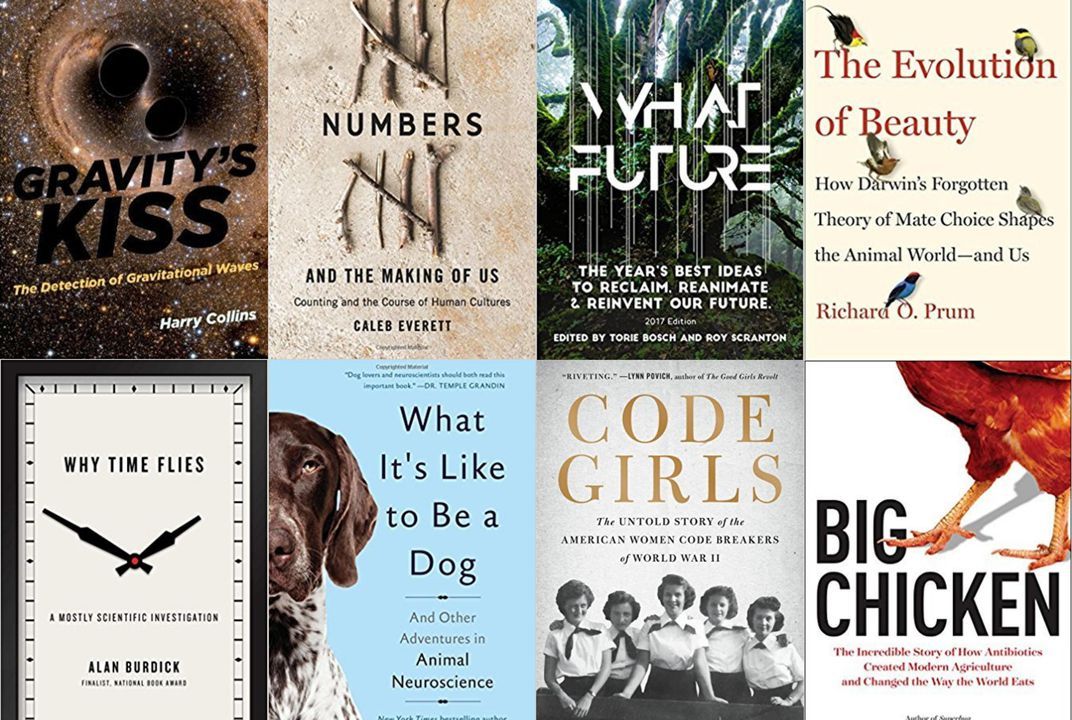http://nicolelana.com/reverse-and-hack-cancer-without-killing-healthy-cells/






But the best science and tech writing goes one step further. With delight and mystery—and sans unnecessary jargon and technical details—this genre can help us better understand some of the world’s most complex and abstract concepts, from gravitational waves (Gravity’s Kiss) to Darwinian evolution (The Evolution of Beauty) to antibiotic resistance (Big Chicken). Each of these remarkable tomes from 2017 does just that, shining a light on the hidden connections and invisible forces that shape the world around us. In doing so, they make our experience of that world that much richer.
Get the best of Smithsonian.com by email. Keep up-to-date on:
Biologist Mark Roth, at Seattle’s Fred Hutchinson Cancer Research Center, is working with animal subjects, putting them into suspended animation. The idea is that a patient who is in medical crisis could be put into a suspended state like hibernation, until he or she could be stabilized and in this way, get past it.
Though we tend to expire when the oxygen level is low, many animals go into a suspended state in extremely low oxygen environments. In the lab, one must enter into such an environment quickly. Roth is currently working with nematodes—a kind of roundworm—and expects to eventually work up to humans.
A vegetative state is another aspect of what we consider the gray zone between life and death. Medically, this is when sufficient damage to the brain has occurred, where the person isn’t aware of and can’t respond to their surroundings. They may breathe, have a heartbeat, move their eyes, even show reflexes, but they can’t respond to stimuli or interact with the world. Their brain stem is operating normally, but other parts of the brain may be damaged or inoperable. Most patients who enter such a state never leave it.

““Access to science is going to be a first-world privilege,” Geltner says. “That’s the opposite of what science is supposed to be about.””


The research got a lot of attention after Bilham presented it at the October meeting of the Geological Society of America. Several critics noted that correlation is not causation — earthquake clusters and fluctuations of Earth’s rotation might happen on the same time scales, but that doesn’t mean they are linked.
There’s a curious connection between earthquakes and the Earth’s rotation. But that doesn’t mean the planet is in for a major shaking next year.

In our view, to get the most from space-science programmes — in terms of impacts on research and reputation — government agencies and institutions need to choose, manage and assess missions in ways that optimize the scientific outputs. As heads of space-science agencies and institutes from around the world gather at a forum next week in Beijing to identify principles for maximizing returns on such missions, we call on them to put science first.
Put research goals first when prioritizing and managing national and international projects, urge Ji Wu and Roger Bonnet.